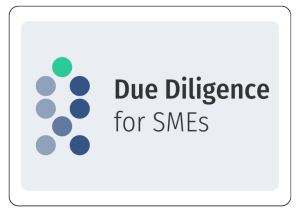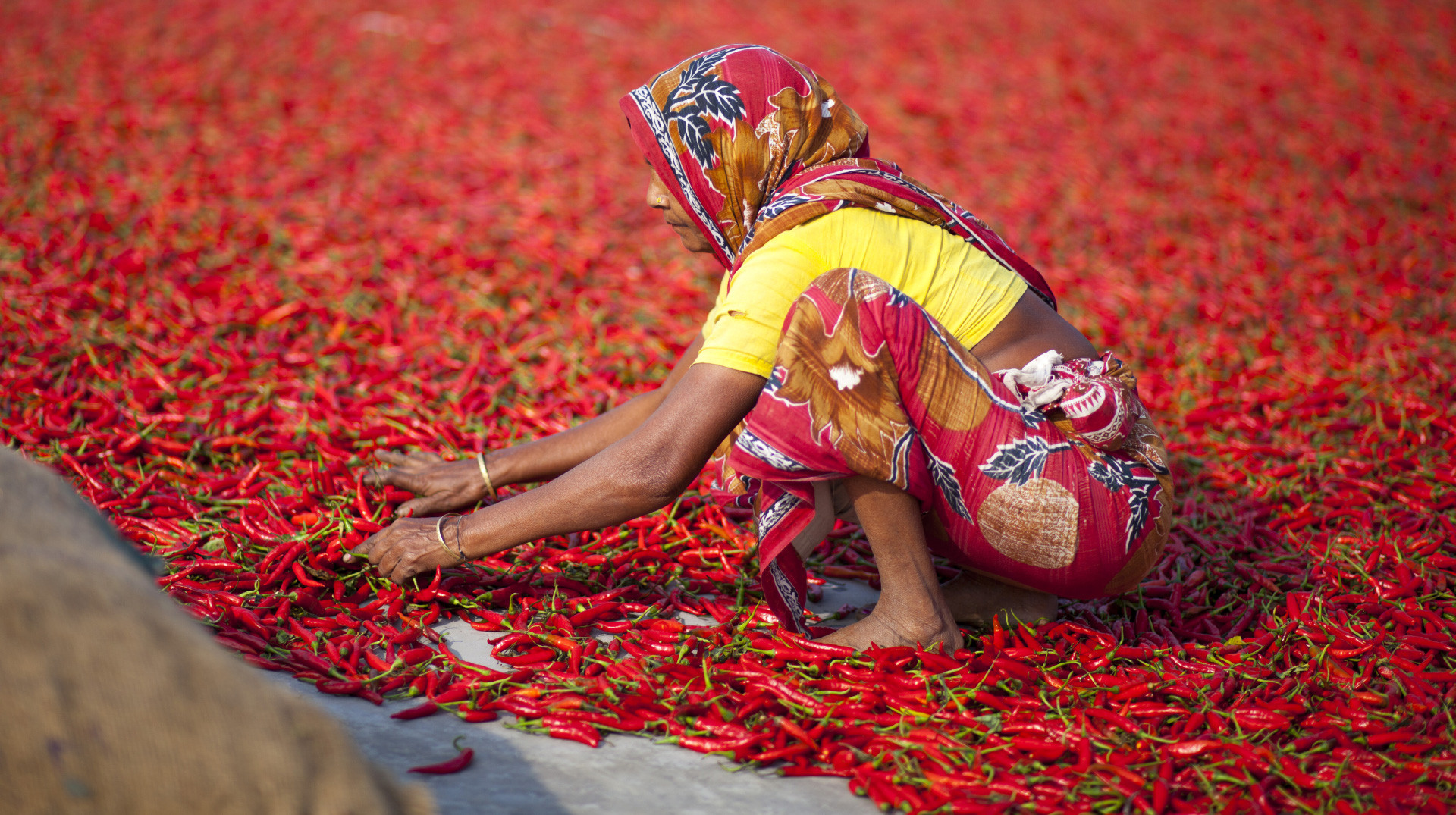Our production chains have a major impact on people and the environment. Due to globalisation, they are often complex and spread across different countries, with challenges such as environmental damage, human rights violations and unfair trade practices. Businesses, authorities and consumers must work together to promote fair and sustainable business practices.
In recent years, the sustainability of international agri-food chains has gradually become a political and social priority. Numerous initiatives are being launched at all decision-making levels (national, European and global), both by public authorities and the private sector, to strengthen the sustainability of our food supply. The focus is not only on environmental aspects, but also on social dimensions: ensuring a decent income for producers, respecting and protecting fundamental human rights, and actively combating deforestation.
In this context, Belgium is assuming its responsibilities by implementing various strategic and operational programmes.
The Federal Institute for Sustainable Development (FISD) is working with experts to find ways to improve these chains and is also collaborating with partners to support policies that make our food chains more sustainable. The goal is clear: less environmental damage, more human rights protection and greater fairness for producers around the world.
An effective way to map production chains and make them more sustainable is through due diligence, as it requires companies to actively analyse risks and take measures to reduce negative impacts. This promotes fair trade while helping companies to grow in a socially responsible manner.
To support SMEs in this task, the FISD has developed a practical guide and toolkit entitled Due Diligence for SMEs. These tools help companies map their production chains, identify risks and implement improvements.
An online self-assessment allows companies to understand their obligations and evaluate their progress.

Discover the Due diligence for SMEs toolbox
For more information on this issue, please visit the pages in Dutch or French.
